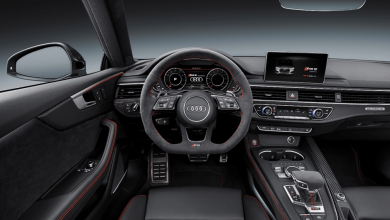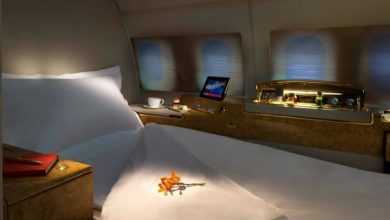Hypersonic Jet That Will Fly Across Atlantic In Less Than An Hour Moves A Step Closer

A scientific breakthrough could mean an end to long-haul flights after boffins discovered a way to stop engines from melting when they travel at 25 times the speed of sound.
Specialists at Reaction Engines say they have created a ‘pre-cooler’, which worked at simulated speeds of Mach 3.3 – or 2,509 mph to the laymen – meaning hypersonic travelcould be on the horizon.
The next test for the Synergetic Air-Breathing Rocket Engine – or Sabre, for short – is to see if it can withstand speeds of Mach 5.5 (4,200mph). If so, it could cut flight time between London and New York to under an hour.
Carrying out the tests at a centre in Colorado, Reaction used a General Electric J79 turbojet engine to replicate the conditions for hypersonic speeds. It’s hoped they will be able to find a balance between the fuel efficiency of a jet and the speed of a rocket.
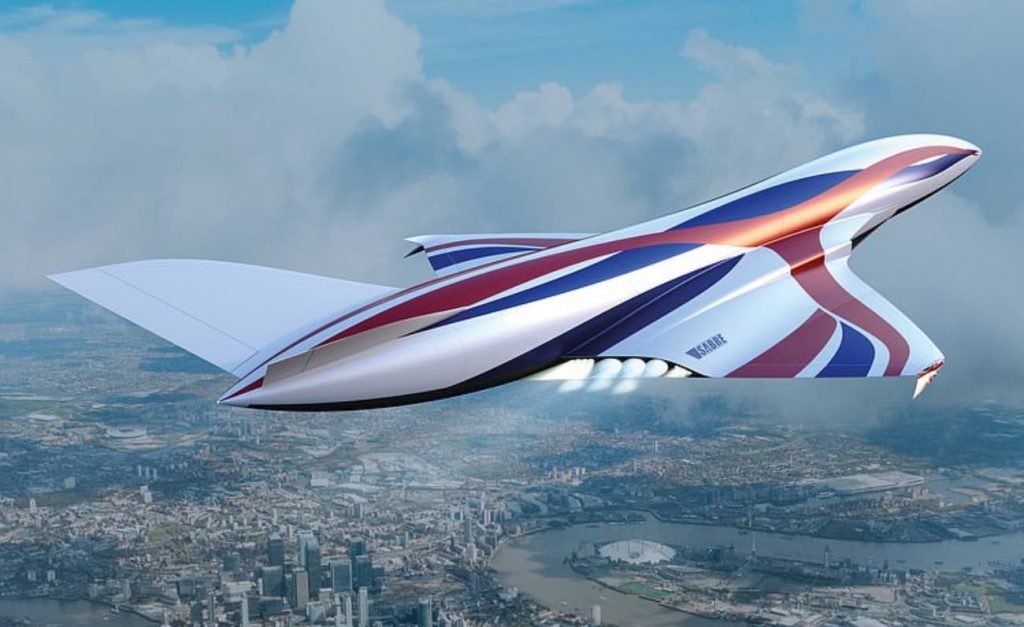
As well as one day slashing the time of long-haul flights, the Oxfordshire firm has the ambition of taking people into space. Speaking to the Times, chief executive of Reaction Engines, Mark Thomas, said the breakthrough could be huge for the industry.
He said: “If you can pull it off, it’s a game changer. It kicks conventional rocket engines into touch.”
And though this is, of course, light years – or decades at least – away, according to Reaction, but the technology does have some more immediate uses for industries such as motorsport, as well as oil and gas.
According to Mr Thomas, the firm’s ability to keep the engine cool is a major revelation for the industry – Concorde famously reached speeds of Mach 2, which he says “was tolerable, but already the aircraft was getting quite hot”.
He added: “That was all in the supersonic domain. We’re talking about hypersonic; the temperature threat level gets extremely high. You need to punch through a heat barrier – that’s been the limiting factor.”
However, Reaction isn’t the only company working on high-speed travel.
Earlier this month, Swiss financial services firm UBS has predicted that Elon Musk’s Space X Starship could see passengers fly across the Atlantic in just 29 minutes.
If they’re right, it would also take less than an hour to get to Sydney from the UK.
Analysts Jarrod Castle and Myles Walton told the Mail: “Although some might view the potential to use space to service the long-haul travel market as science fiction, we think there is a large market.
“While space tourism is still at a nascent phase, we think that as technology becomes proven, and the cost falls due to technology and competition, space tourism will become more mainstream.”

